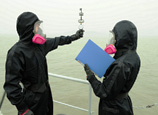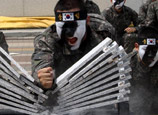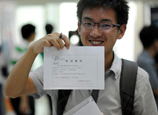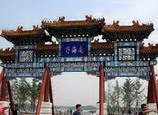
But Ford said, "I am thinking both Brussels and Washington should consider engagement with China, instead of containment."
Suggesting that China, the US and EU sit down to talk about global power balances, Ford said Washington's TPP initiative includes geopolitical and containment considerations because it aims to form a free trade bloc with China's neighbors.
Pierre Defraigne, executive director of think tank the Madariaga-College of Europe Foundation, based in Brussels, warned that US use of the TTIP and TPP to contain China's strategic rise by controlling its export-led growth will reopen competition.
Meanwhile, a shift from a multipolar world to a bipolar one based on economic competition will eventually lead to strategic confrontation, he said.
Christopher Lewis, Senior Fellow of the Schiller Institute in Germany, said the Obama administration's foreign policy is aimed at building alliances in Asia to try to counter the influence of China. The TTIP, is only a further attempt to unify two economic systems under the banner of liberalization and global governance, he said.
However, Huo Jianguo, president of the Chinese Academy of International Trade and Economic Cooperation, does not see the TTIP as "a contrived containment" of China.
But he foresees a potential rise in trade protectionism and collective sanctions towards China, in the name of equal market access, a level playing field and intellectual property rights. He also said it is not easy to produce immediate, tangible results, as Europe and the US have varying rules and interests in comparatively advantageous sectors.

















 Developer razes historic Guangzhou structures
Developer razes historic Guangzhou structures


![]()
